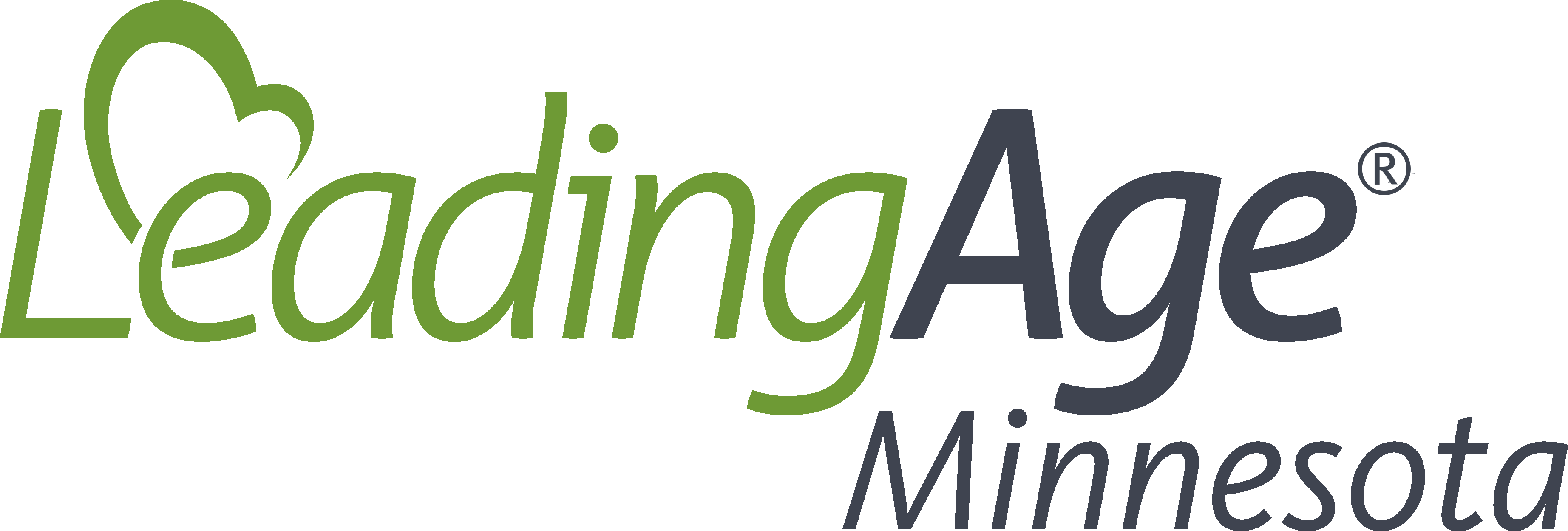New Report Examines Use of Electronic Health Records (EHRs)
Posted on December 31, 2018 by Jodi Boyne
More home health agencies (HHAs) than skilled nursing facilities (SNFs) have adopted electronic health records (EHRs), according to the Office of the National Coordinator for Health Information Technology (ONC).
Electronic Health Record Adoption and Interoperability among U.S. Skilled Nursing Facilities in 2017 shared these and other key findings:
- More HHAs (78 percent) adopted EHRs than SNFs (66 percent) in 2017.
- A majority of HHAs that have an EHR used it for both reconciling and recording medications, and are more likely to use these functions than SNFs.
- Only 36 percent of HHAs and 18 percent of SNFs were able to integrate patient health information received from outside facilities.
- Over half of HHAs and 41 percent of SNFs electronically send or receive health information. Only 18 percent of SNFs integrate patient health information electronically received from outside sources. Hospitals' interoperability is at a similar level. While a large proportion send and receive health information electronically, fewer have the capability to electronically find or integrate data from outside sources.
- HHAs (32 percent) and SNFs (37 percent) most commonly used EHRs to exchange health information. Yet at least 43 percent of HHAs and 29 percent of SNFs used more than one method to exchange health information electronically.
- HHAs and SNFs that use three methods of exchange are more likely to have information electronically available. Settings that used multiple methods of electronic exchange were more likely to engage in the four interoperability domains—sending, receiving, finding, and integrating health information received from outside sources—and were more likely to have information electronically available at the point of care. Although using multiple methods makes information more available, it also may make data exchange more complex and costly.
- Nearly 40 percent of HHAs used telehealth technology to keep track of patients’ health between in-person visits.
- HHAs need to use technology during in-home patient visits and to monitor patients between visits. Three-fourths of HHAs (72 percent) used mobile technology. Of those, 85 percent directly entered data into the EHR during patient visits.
- About four in 10 HHAs (37 percent) used telehealth. Use of telehealth technology did not vary by HHA ownership status (private vs. not) or location (urban vs. rural).
Recommendations
Policies that advance interoperability in post-acute care settings are critical to ensuring that HHAs and SNFs can meet future demand for services and address their patients' complex health needs. However, SNFs and HHAs are not eligible to participate in the Medicare and Medicaid Promoting Interoperability Programs. The brief outlined two important building blocks to advancing health information exchange:
- Implementing federal policies such as the IMPACT Act
- Making interoperability standards for standardized patient assessment data available through resources such as the CMS Data Element Library 1.
If you would like more information about EHR, please check out the CAST EHR Selection Tools.
Comments
Add a comment
Members must sign in to comment
You must be a member to comment on this article. If you are already a member, please log in. Not a member? Learn how to join »

No one has commented on this article yet. Please post a comment below.